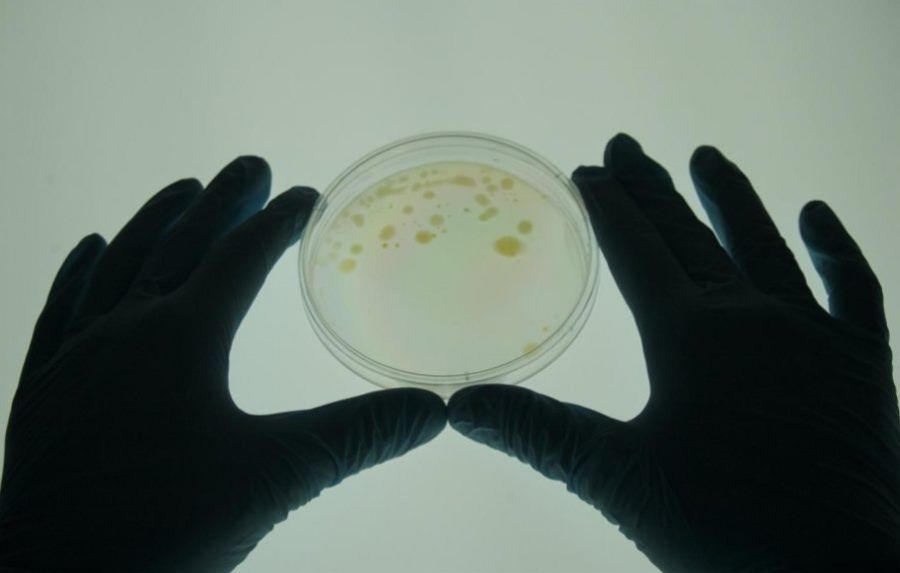
Stress vaccine? Researchers are working on a novel solution
Researchers at the University of Colorado at Boulder have shown that rats thatore were immunized with the beneficial bacteria for three weeks, showed increased levels of anti-inflammatory proteins in mozgu, greater resistance to the physical effects of stress and conditionoin anxious. If these results could be replicatedoof human clinical trials, which could eventually lead to probiotic vaccines to protect against post-traumatic stress disorder, anxiety, or lead to the development of new treatments for depression.
– We discovered that a bacterium Mycobacterium vaccae in rodents changes the environment in mozg towards an anti-inflammatory state,” said Matthew Frank, head of theowny author of the publication in „Brain, Behavior and Immunity”. – If successfully repeatedorise in humans, this could have broad implications for many diseasesob neuroinflammatory – added.
Anxiety conditions, compositeo³³ post-traumatic stress disorder and other stress-related psychiatric disorders affect up to one in four people. Findings suggest that stress-induced inflammation in mozgu may increase the risk of such disorders, in part by affecting neurotransmitter levelsow, such as norepinephrine or dopamine, ktore, in turn, affect the nastroj.
– There is solid evidence in the literature whoore show that as you trigger an inflammatory immune response in people, signs of depression and anxiety will quickly appear – emphasized Frank.
The research suggests roalso that trauma, illness or surgery can sensitize someore areas mozgu, causing a rapid inflammatory response triggered by stressful stimuli, which can lead to mood disorders and cognitive decline. – We discovered that Mycobacterium vaccae blocks these sensitizing effects of stress, creating a persistent stress-resistant phenotype in mozgu – explained Frank.
In an earlier study, researchers at the University of Colorado at Boulder found that female mice, whichorim injected with a formulation containing Mycobacterium vaccae, and then placed with a larger, aggressive male for 19 days, showed markedly weaker anxiety-like behavior and suffered less often from colitis or inflammation in peripheral tissues.
In a new study, researchers set out to find out what the bacterium actually does in morodent glands. Male ratoin whichorim injected with the bacterium three times, one week apart, had significantly higher levels of the anti-inflammatory interleukin-4 in the hippocampus – region mozgu, ktory is responsible for cognitive function, anxiety or fear.
After exposure to a stress-inducing agent, the immunized animals showed roalso lower levels of a stress-induced protein called HMGB1, whichore likely to play a role in sensitizing mozg on inflammation. Researchers also observed higher expression of the CD200R1 gene, a key receptor for maintaining comoglial cells (comoimmune rec mozgu) in the anti-inflammatory state.
– Probiotics have previously been shown to have potent effects in the domains of cognitive function, anxiety and fear. Our publication helps make sense of this, suggesting that these beneficial microorganisms or signals from these microorganismsow, somehowob reach the hippocampus, inducing an anti-inflammatory state – explained Christopher Lowry, cooauthor of the scientific article.
Battery Mycobacterium vaccae Was isolated from mud on the shores of Lake Kyoga in Uganda. Thanks to researchers at the University of Colorado at Boulder, it could lead to effective drugs in the futureoin and treatment for anastomosisom post-traumatic stress disorder or anxiety. It can also be administered to healthy individuals to mitigate the effects of theoin stress.


